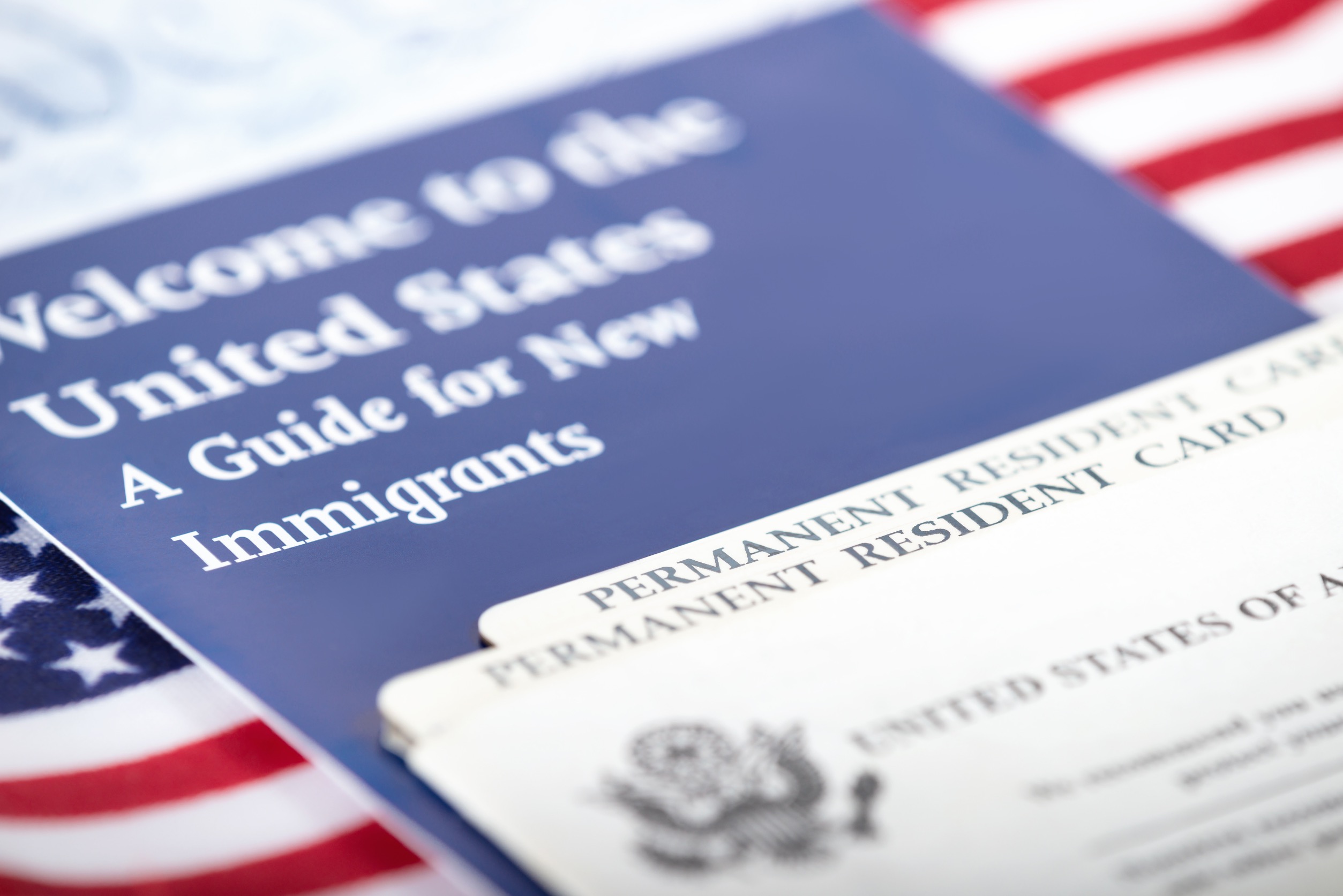What is the unauthorized practice of immigration law?
The unauthorized practice of immigration law is often referred to as UPIL. UPIL occurs when an individual who is not an attorney offers legal advice or legal services. The Code of Federal Regulation defines practice as “the act or acts of any person appearing in any case, either in person or through the preparation or filing of any brief or other document, paper, application, or petition on behalf of another person or client before or with DHS.” Preparation that involves the practice of law means “the study of the facts of a case and the applicable laws, coupled with the giving of advice and auxiliary activities, including the incidental preparation of papers”
What is not categorized as the unauthorized practice of immigration law?
The Code of Federal Regulation also asserts that the unauthorized practice of law “does not include the lawful functions of a notary public or service consisting solely of assistance in the completion of blank spaces on printed DHS forms, by one whose remuneration, if any, is nominal and who does not hold himself or herself out as qualified in legal matters or in immigration and naturalization procedure.” In other words, a non-lawyer may help you transcribe information to the forms or translate the forms, but a non-lawyer may not advise you on the law or how to fill out the forms.
What are examples of the unauthorized practice of immigration law?
Some example of the unauthorized practice of law are described below:
- When an non-attorney holds themselves out to the public as an attorney and takes advantage of unbeknownst clients
- When a non-attorney creates a business that helps non-citizens with the process of completing and filing all forms needed for their case.
- When a local non-attorney, who may have good intentions, advises and aids a non-citizen on their journey to citizenship. Although this is a seemingly innocent act with good intentions, this also constitutes the unauthorized practice of immigration law
What are the risks with hiring a non-lawyer to advise on citizenship matters or immigration law generally?
Hiring a non-lawyer to advise on immigration or citizenship matters might be less costly, but in the long run it might cost you much more. A non-attorney is not well versed in the intricacies of immigration law and may damage your case. Please reach out to a licensed and reputable immigration attorney regarding any immigration matters.








